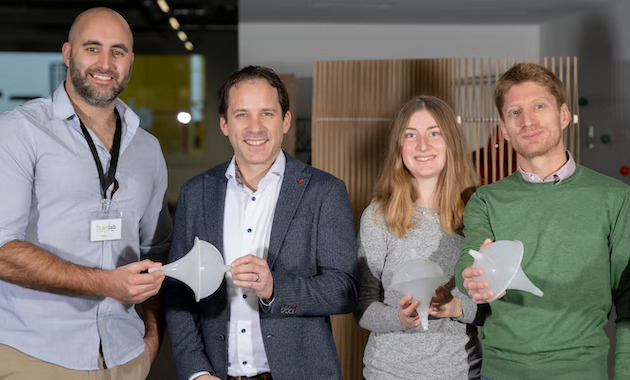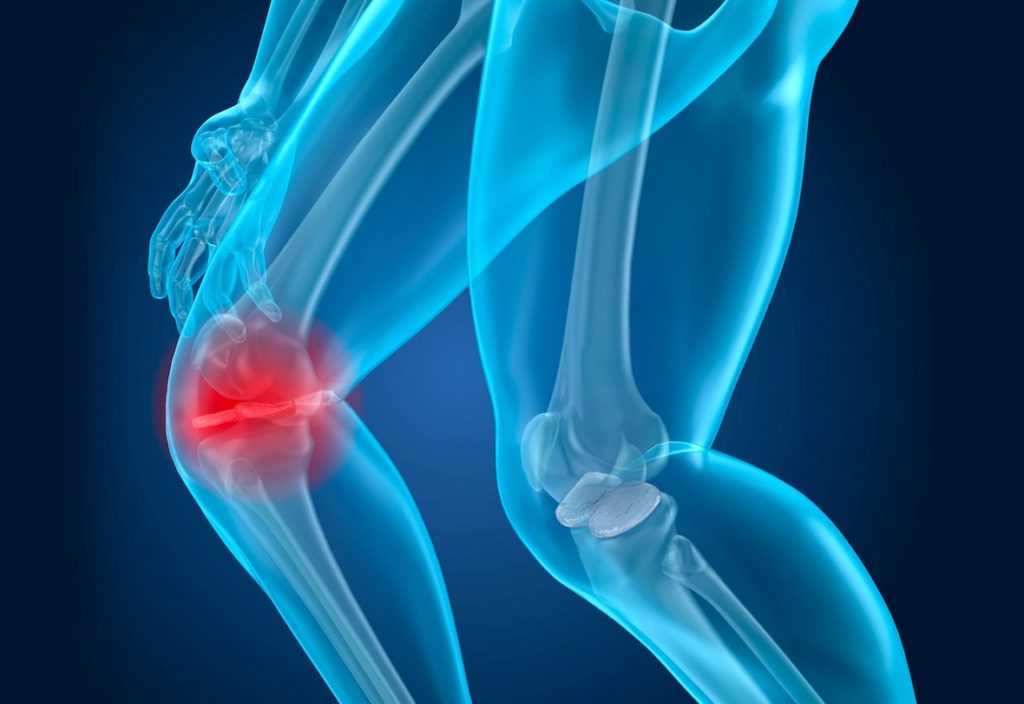
Limula and CSEM collaborate to make cellular therapies more accessible
13 February 2023

To improve the accessibility of cellular therapies using automation, Limula has received support from the CSEM from the prototyping phase to the pre-industrialization of its technology.
Cell and gene therapy (CGT) is a rapidly growing field in the health sector. Thanks to these “living drugs”, many patients suffering from incurable diseases can now have access to a treatment. However, the production of TCGs is very expensive and complex, which limits the number of doses available and makes them inaccessible to many patients. Lausanne-based start-up Limula is revolutionizing this field by introducing automation into TCG production.
The Vaud-based start-up is currently focusing on CAR-T cell therapy, which genetically modifies a patient’s immune cells to fight cancer. Dr. Yann Pierson, Limula’s CTO, has developed an automated platform for treating immune cells that requires no manual intervention. The platform consists of a small bioreactor integrated into an operating device, which can perform all steps of cell therapy production autonomously and sterilely.
Luc Henry, CEO of Limula, stated: “We want to offer a platform technology that supports a smooth transition from small-scale preclinical testing to large-scale manufacturing once approval is received. This will allow healthcare providers to safely produce more TCG treatment doses per square meter of clean room – and perhaps one day access decentralized production directly in hospitals.”
A support from CSEM for the prototyping and the pre-industrialization phase
Limula received support from the Tools for Life Science department of the CSEM in Neuchâtel to develop their bioreactor and produce it on a large scale. This collaboration allowed the development of a pre-industrial solution that is now used to test the production of cell therapies.
The market for TCG production is growing rapidly, with more than 3 million patients potentially benefiting in the coming years. The automation of Limula’s production offers great prospects for improving the accessibility and availability of personalized therapies for patients who need them.

